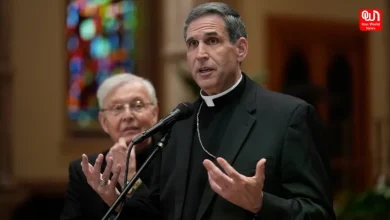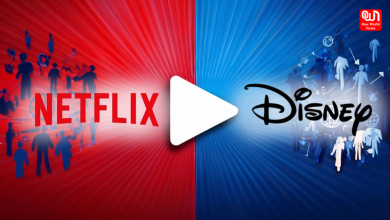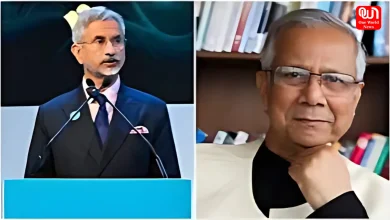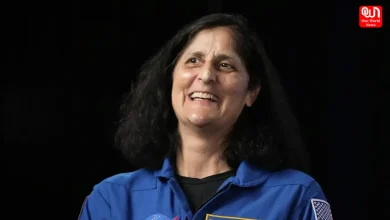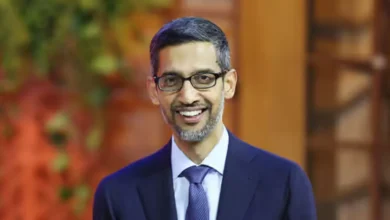OTT platforms and Digital media under I&B ministry, know the impact of the move

Will Netflix, Amazon Prime and others have the freedom for politically-sensitive content?
The central government of India has brought digital audio-visual content on over-the-top (OTT) streaming platforms under the ambit of Information and Broadcasting ministry. The move can impact the way content is being produced for online platforms.
On September 15th, OTT platforms including Disney+Hotstar, MX Player, Netflix, Amazon Prime Video, ALTBalaji, Discovery+, ZEE5, Arre, Eros Now, Hoichoi, Flickstree, Hungama, VOOT, Shemaroo, and Jio Cinema had come together under the aegis of the IAMAI (Internet and Mobile Association of India) to sign a code of self-regulation by forming a framework for age classification, access control and appropriate content description. Ministry of Information and Broadcasting rejected the code and asked IAMAI to look for other option which allows for an independent monitoring organization. The latest move could be the result of the September rejection.
Recent hit OTT offerings like Sacred Games, Mirzapur and others had drawn flak on the internet for explicit content. The content creators say that the distinct charm of the online shows and movies lies in the ability to be realistic, unapologetic and rustic. India’s theatrical business has long been bowing down to the diktats of the censor board. Today, the I&B ministry has taken the OTT under its ambit, tomorrow there could be a censor board censoring even the content of OTT platforms. This might take away the freedom of creators while producing content which is politically sensitive like Scam 1992, Delhi Crime, Jamtara, Special Ops and more. Nude and abusive scenes which are sometimes very important to establish the story can also come under the scanner. However, censoring it could end the freedom of some content creators who were taking the wrong advantage and were creating only sexual content.
Content producers who were pushing the creative envelope to make edgier provocative content can no longer be able to make what they want. The Indian audience has also matured with time and largely accepts this kind of content. However, there are some sections who still do not like everything that is being served on OTT platforms.
How OTT kept an eye on its content?
Some OTT platforms like Netflix display a disclaimer regarding the content. It also allows for parental control by creating different profiles for children who are sharing the same account for an OTT platform. The parental control avails parents to keep a check on the content which is being watched by their children. Netflix also gives maturity ratings to its content based on the maturity level of every content. The internal employees of the OTT platforms also self-censor the content.
The internal process of content control has left the choice with the audience to decide if they want to watch the content or not. However, there could be an aspect which can say that are we as the audience mature enough to decide if we should watch a particular content?
Should someone else sitting in the censor team with their own ideology, thought process and personal-bias decide what we should watch? Can a show like Patriot Act with Hasan Minhaj or Scam 1992 be produced with full freedom knowing that censor board might run scissor on it?
We do not want to end this with questions. Here are some interesting reactions on Twitter after the government announced the regulation of OTT platforms.
Read more: Why brands should not poke at the religious sentiments
Very good decision by the GOI. Sexual and abusive content of Netflix and other platforms needs to be censor.
— Vibrant India (@Jeevan98Bisht) November 11, 2020
With OTT platforms now under I&B ministry, I highly recommend that everyone buys a VPN. Most of your favourite shows will likely be hacked to death by censorship, but that VPN should let you access catalogues elsewhere.
If you're a writer working on OTT content, my condolences.
— Neil Balthazar (@NeilBalthazar) November 11, 2020
1) "The first condition of progress is the removal of censorship"
– George Bernard Shaw.OTT platforms and Digital News platforms are under I&B Ministry now. Now, the ministry gets the power to regulate policies for OTT platforms.
A THREAD: pic.twitter.com/dnIUNz4lsg
— Aman Saji Dominic (@AmanSajiDominic) November 11, 2020
https://twitter.com/Bhayankur/status/1326389954558177286
Lots of films nd shows criticising right wing politics have been releasing in online streaming platforms nd now the government has brought OTT contents nd digital news under the regulation of Ministry of I & B. Expect a lot of bollywood deshbhakth film announcements nd a pic.twitter.com/3D7Ij7qclW
— Ananthakrishnan H (@yae_kkayy) November 11, 2020
How Dialogues will be in future after Restriction on OTT Content – pic.twitter.com/Wx8LHJbf9K
— Aditya Mishra (@Adityax0012) November 11, 2020
Brilliant news. Perversion and psychotic content must be regulated. They are slowly turning OTT into not just soft-porn, gore and abusive platforms but also as religious, cultural and political weapons. https://t.co/J52C0PfMrn
— Vivek Ranjan Agnihotri (@vivekagnihotri) November 11, 2020
*Me and homies watching shows in OTT platform after restrictions by I&B ministry :- pic.twitter.com/lQ7axayaBu
— Soumya Gorai (@ItzSoumyaHere) November 12, 2020
It is not just the OTT platform which has been brought under the I&B ministry, digital news outlets which deal with “current affairs” will also now come under the ministry. The Information and Broadcasting industry will oversee the content of online media. However, this won’t make that big difference (In compassion to OTT platforms) as they would still have the freedom to do free and fair journalism.
Currently, TV news channels are looked by the NBA (News Broadcasting Association), the Press Council of India represents the print media so we could expect I&B ministry to form a body to overlook at the digital media. Despite having a regulatory body, the news channels are free to show whatever is in the nation’s interest barring the content which is harmful for the country’s sovereignty and integrity. However, the revenue model does get affected if the government doesn’t give them ads. So, we could imagine the same scenario for online news portal too. They will still have the freedom in choosing their content but their business would still be dependent upon the advertisers. And these advertisers can be influenced to choose the best option.
Have a news story, an interesting write-up or simply a suggestion? Write to us at info@oneworldnews.com



